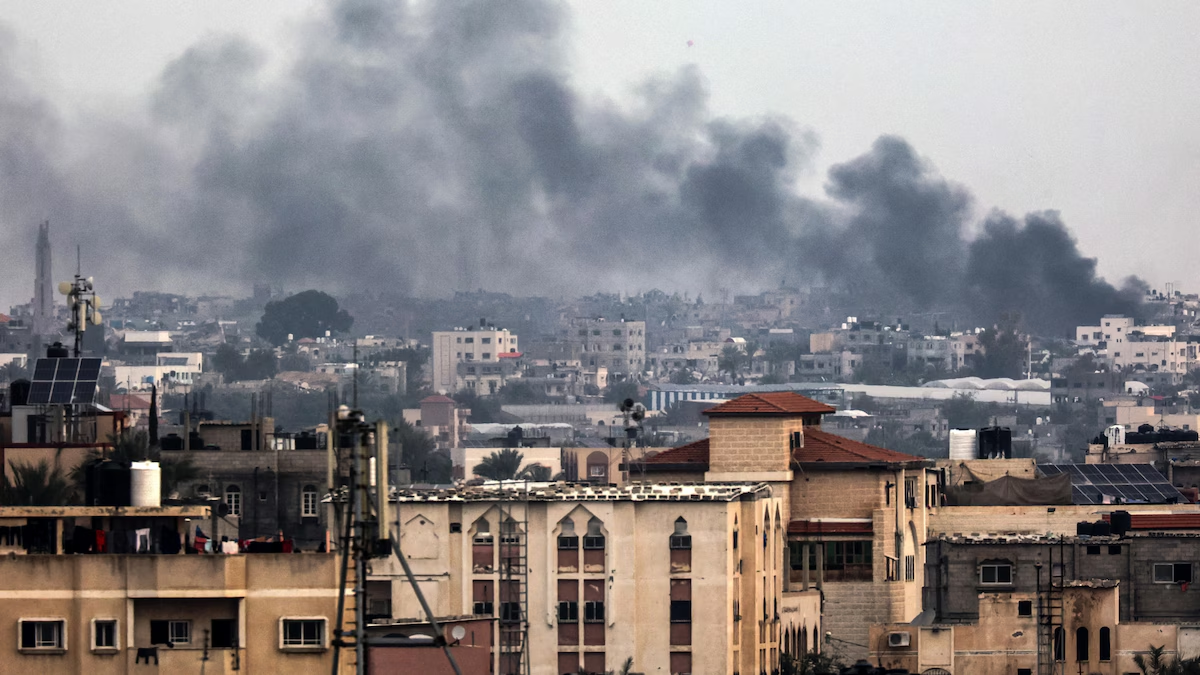The Palestinian situation is a multifaceted issue that has captivated global attention for decades. Rooted in historical, political, and humanitarian complexities, it encompasses a range of interconnected challenges that defy easy solutions. At its core, the Palestinian struggle revolves around territorial disputes, the status of Jerusalem, the rights of Palestinian refugees, and the ongoing conflict with Israel.
Central to the Palestinian narrative is the quest for statehood and self-determination. Since the establishment of the state of Israel in 1948, Palestinians have sought to establish an independent state in the West Bank, Gaza Strip, and East Jerusalem, areas they see as their ancestral homeland. However, efforts to achieve statehood have been hindered by a combination of factors, including the Israeli occupation, settlement expansion, and internal divisions within the Palestinian leadership.
The status of Jerusalem, a city of religious significance to Jews, Christians, and Muslims, remains a contentious issue. Both Israelis and Palestinians claim Jerusalem as their capital, leading to frequent clashes over control and sovereignty. The relocation of the U.S. embassy to Jerusalem by the Trump administration further exacerbated tensions and drew international condemnation.
The plight of Palestinian refugees is another critical aspect of the conflict. Since the 1948 Arab-Israeli war, millions of Palestinians have been displaced from their homes, leading to one of the largest refugee populations in the world. The right of return for Palestinian refugees remains a central demand in any peace negotiations, yet it remains a deeply divisive issue with significant implications for the demographic makeup of Israel and the Palestinian territories.
The ongoing conflict between Israelis and Palestinians has exacted a heavy toll on both sides, resulting in loss of life, displacement, and suffering. Despite numerous attempts at peace negotiations, including the Oslo Accords and the Camp David Summit, a lasting resolution remains elusive. The cycle of violence perpetuates a sense of insecurity and mistrust, making the prospect of peace seem increasingly remote.
Humanitarian concerns further complicate the Palestinian situation, with millions of Palestinians living under occupation or in refugee camps facing daily challenges in accessing basic services such as water, healthcare, and education. The blockade of Gaza and restrictions on movement in the West Bank exacerbate the humanitarian crisis, leaving many Palestinians trapped in a cycle of poverty and despair.
Efforts to address the Palestinian situation require a comprehensive approach that addresses the underlying grievances of both Palestinians and Israelis. This includes meaningful engagement with all stakeholders, respect for international law and human rights principles, and a commitment to finding a just and equitable solution that ensures the rights and dignity of all parties involved.
In conclusion, the Palestinian situation is a complex and multifaceted issue that defies easy solutions. It requires sustained international attention and engagement to address the root causes of the conflict and to work towards a just and lasting peace for Israelis and Palestinians alike.







5 thoughts on “Understanding the Complexities of the Palestinian Situation”
Time to take action! Get accurate business contacts for just $30 and watch your outreach expand.
The secret to business success: accurate contact data! Order now and see how it transforms your outreach. https://
Эффективные способы устранения царапин на автомобиле, Как вернуть автомобилю идеальный вид, убрав сколы.
Удаление сколов и царапин на кузове – [url=https://
Hey people!!!!!
Good mood and good luck to everyone!!!!!
Free Gaza